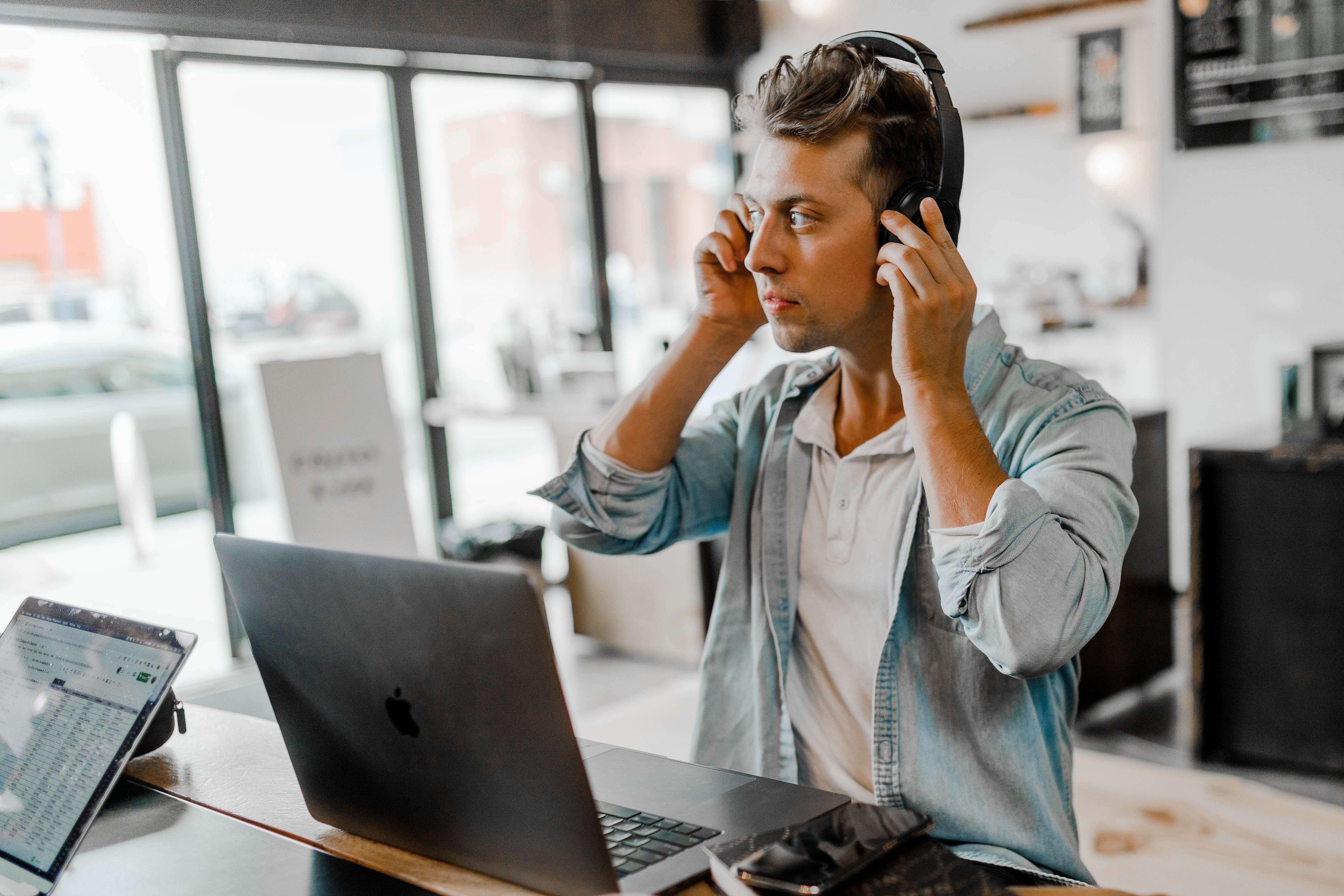Courts struggle to find solutions for moving cases forward despite the pandemic.
Courts throughout the United States are implementing telecommunication solutions, allowing telephone or video conferencing proceedings in some cases. In Maricopa County Superior Court in Arizona, for example, many criminal court proceedings will now be designated as “non-appearance hearings,” conducted virtually or by motion. In these hearings, attorneys will provide written statements to the court, including requests to convert a non-appearance to an appearance hearing with a valid reason. Only the final hearing prior to trial is required to be conducted via telephone or virtual appearance by the parties in the courtroom. This protocol will allow the continuation of cases while upholding social distancing mandates.
However, legal experts contend that one of the anticipated challenges for the court system following the pandemic, when these mandates begin to lift, will be convincing individuals to serve on juries, and finding solutions to protect individuals required to be present from infection concerns will be of utmost priority.

“We have been having trials the same way for 230 years,” said New York attorney Marc Agnifilo of trials. “Being all together in a public place with the press and the community is what makes it a trial.” He added, “Adapting to the new reality may mean differences in our procedures or even instituting more of a delay in jury proceedings after most court operations resume.”
Nassau County, New York, Administrative Judge Norman St. George announced during a recent a virtual Town Hall meeting, he didn’t know when the state’s trials, all currently on hold amid the pandemic, would restart. He added, he couldn’t foresee “see anything happening before the fall.” St. George also said state court officials are “starting to discuss how the physical courts will be able to recommence with social distancing” solutions and “if we are going to be able to conduct jury trials with social distancing.”
“After the pandemic, some of the trouble filling jury panels will be related to financial hardship,” said Jo-Ellan Dimitrius, a jury consultant. “Their first concern is going to be ‘Is my employer going to pay for my jury duty when…I just came out of either being furloughed or being unemployed for a period of two to three months?’” She said, “judges will have to make it clear to potential jurors that courtrooms have been sanitized.” But, “the concept of an ‘online jury’ wouldn’t work because those panelists’ service could be corrupted too easily by outside influences.”
Mineola defense attorney Nancy Bartling agreed, adding other proposed solutions simply won’t work. She said, “Relocating jurors from courtrooms to bigger courthouse spaces to watch trials remotely in real time also wouldn’t work because defendants could argue the jury physically did not see the evidence. Practically speaking, you can’t have these people on top of each other…Will they only allow jury trials in rooms that the jurors can be spread…six feet apart? That is going to completely stall the entire system.” Judges, she added, should prepare for claims about why potential panelists feel they can’t serve as jurors. “It’s not about whether or not they can get to pick up their kids after school or they’re going to lose time at their job. You’re dealing with their health.”
A recent survey by Los Angeles-based jury consultancy firm DecisionQuest asked questions about coronavirus of about 900 participants identified those to potential serve. The survey found that 51% of participants were “very concerned” and 33% “somewhat concerned” about being infected by COVID-19 in the courtroom once things ‘get back on track.’
“Coronavirus testing for potential jurors will be a must,” according to Pace Law School Professor Bennett Gershman. “If you didn’t do that, how could you be sure that the jury that they’re selecting might not pose a serious danger in terms of health to everybody else in the courtroom?…The pandemic will impact every facet of the court system, including when it comes to trying to select a fair cross-section of the community for a jury and making sure panelists can focus without worrying about who’s sitting next to them in the jury box.”
Sources:
What Could Be the Long-Term Consequences of COVID-19 for Legal Procedure?
Concerns about infections post-pandemic could impact future jury trials, experts say


Join the conversation!